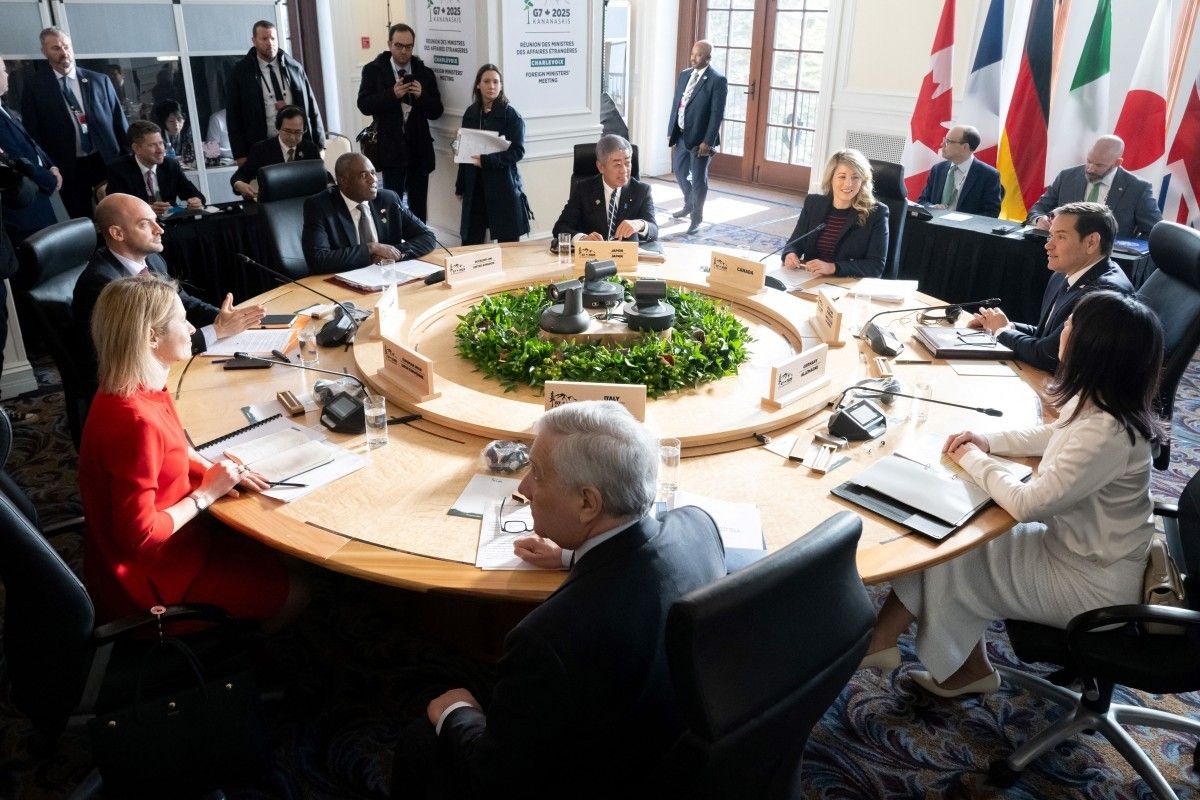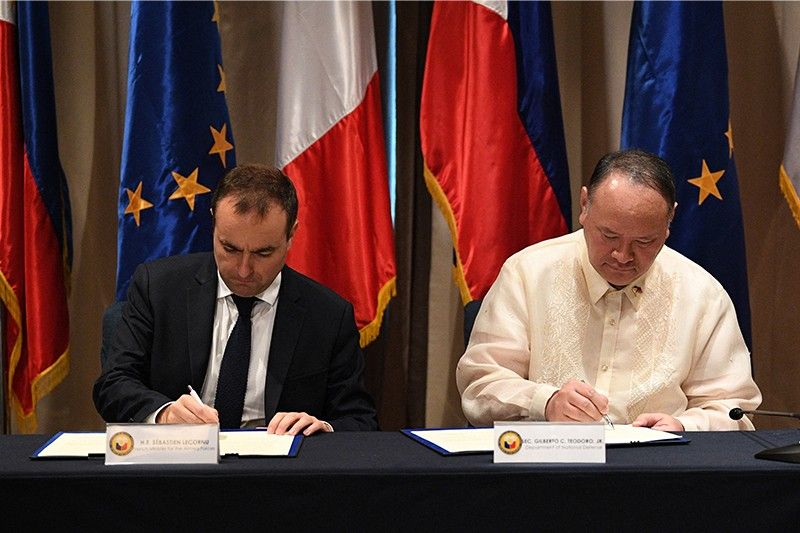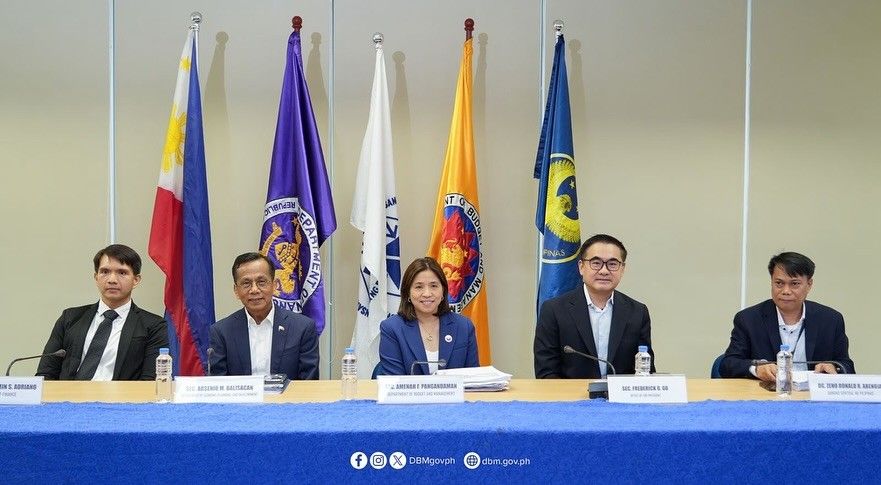
Upgrade to High-Speed Internet for only ₱1499/month!
Enjoy up to 100 Mbps fiber broadband, perfect for browsing, streaming, and gaming.
Visit Suniway.ph to learn
Artemio Dumlao - Philstar.com
May 3, 2025 | 5:44pm
Demonstrators light candles at a rally calling for justice following the murder of a Philippine radio broadcaster, in Quezon City in suburban Manila on October 4, 2022.
AFP / Jam Sta. Rosa
BAGUIO CITY, Philippines — The National Union of Journalists of the Philippines (NUJP) said the country’s climb to 116th place in the 2025 World Press Freedom Index does not reflect real improvements for Filipino media workers.
Compiled by Reporters Without Borders (RSF), the index shows a jump from the Philippines' 134th spot in 2024. However, NUJP warned that the rise is partly due to a global decline in press freedom, not necessarily local reforms.
“On the ground, this does not mean better conditions for ordinary media workers or a plurality of reliable information sources for the public,” the group said.
The union pointed to the impending job cuts at the Philippine Daily Inquirer (PDI), following its recent change in ownership, as a sign of deteriorating media labor conditions.
While the management has assured continued publication, NUJP stressed that a newspaper is “more than just a printing press.” The loss of jobs, it added, also means losing institutional memory and decades of journalism experience that helped shape PDI’s legacy.
The group said promised benefits for affected workers “are not gifts” but gains fought for by employees and their union.
NUJP also condemned the April 29 murder of veteran journalist and publisher Johnny Dayang in Aklan, breaking more than a year without a media killing. His death is among the 177 press freedom violations NUJP has recorded under President Ferdinand Marcos Jr.’s administration.
The group likewise cited the continued detention of community journalist Frenchie Mae Cumpio as a stain on the current government’s press freedom record.
“Recent events show that our struggle for press freedom, media safety, and job security continues,” NUJP said, urging media workers to organize and join campaigns on these issues.
While journalists are expected to uphold objectivity, NUJP emphasized that they must also actively participate in shaping their working conditions and society. The union called on the public to support independent media, saying “a free press requires a supportive community.”
Meanwhile, RSF said Asia-Pacific remains a region where press freedom is severely compromised by authoritarian regimes that control information through political and economic means.
Out of 32 countries and territories in the region, 20 saw a drop in their economic indicators. North Korea (179), China (178) and Vietnam (173) were listed as some of the world’s most tightly controlled media environments. In these states, RSF said, independent journalism is forced underground and faces constant threats.
The group also cited intensified crackdowns in Myanmar (169), Cambodia (161), Hong Kong (140) and Afghanistan (175), where independent newsrooms have shut down and journalists have fled into exile.
Even democracies have not been immune. In the United States, a March decision by former President Donald Trump led to the suspension of Radio Free Asia’s Mandarin, Tibetan and Lao broadcasts, and furloughs of key staff.
In India (151), Indonesia (127), Malaysia (88), and Thailand (85), RSF reported that politically connected conglomerates and ruling elites continue to shape media content. Mongolia (102) and Pakistan (158) also saw government and business influence stifling press independence.
In Taiwan (24) and Australia (29), even relatively free media environments face pressure through budget cuts or a lack of financial sustainability for independent outlets.

 1 month ago
60
1 month ago
60



